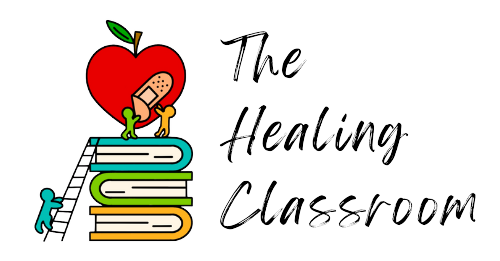What is D.E.I?
As a refresher, D.E.I stands for "Diversity, Equity, and Inclusion." DEI refers to policies and programs that promote the representation and participation of different groups, particularly those who have been historically marginalized. Within schools specifically, these programs attempt to create a sense of belonging for students regardless of their race, background, ability, or socioeconomic status (APA, 2025).
Facts & Misconceptions:
Something to keep in mind as DEI becomes ever more prevalent in public discourse is to understand what these initiatives are and what they are not.
Facts:
DEI Programs often provide mentorship, mental health support, culturally relevant teaching, and better access to opportunities (Cambridge, 2023).
Research shows DEI initiatives can improve outcomes for all students, not just those in marginalized groups (Springer, 2022) (Ong et al., 2024).
Misconceptions:
"DEI is reverse discrimination." In reality, DEI doesn’t seek to take opportunities from some but to ensure equitable access for all (HBR, 2025).
"DEI lowers standards." DEI seeks to remove unnecessary barriers—not to remove rigor.
"DEI is only about race." DEI also includes gender, disability, language, and other factors (Pew Research, 2023).
Pros and Cons of DEI Programs
Pros:
Promotes equitable learning environments
Encourages empathy and cross-cultural understanding
Helps close achievement and opportunity gaps
Cons (or Critiques):
Risk of poorly implemented programs lacking measurable goals (Wiley, 2023)
Concerns about politicization of DEI (Education Week, 2024)
Legal pushback or challenges around race-conscious policies (HBR, 2025)
DEI in Durham Public Schools (DPS)
According to the Durham Public Schools website:
DPS has an Office of Equity Affairs that promotes professional development and culturally responsive teaching.
They also support initiatives like restorative practices, culturally relevant curriculum, and student leadership programs.
Specific programs include:
Equity-Focused Professional Development for teachers
Equity Leadership Teams within schools
Student Voice Initiatives that empower students to lead discussions on equity
What Happens if DEI Programs are Removed?
It is important to remember that these programs affect a wide range of individuals and their removal could negatively impact:
Students: Increased marginalization, lack of cultural representation in curriculum, and reduced support structures
Families: Loss of advocacy and engagement opportunities, reduced trust in schools
Community: Widening opportunity gaps and increased polarization (U.S. Department of Education, 2024)
What DEI Programs Still Exist in Durham?
Despite national challenges, DEI efforts continue in Durham:
Durham Public Schools Office of Equity Affairs remains active
Triangle Community Foundation offers DEI-informed grants and resources for local nonprofits
Duke University & NCCU also have campus-wide DEI initiatives that support the broader Durham community (DukeSpace)
How Can You Stay Informed and Get Involved?
Whether you are a parent, student, or educator, I encourage you to:
Attend local school board meetings and community equity forums
Volunteer with DEI-centered nonprofits
Subscribe to DPS and Triangle-area newsletters
Stay informed via education sites like Education Week and the U.S. Department of Education
By staying engaged, we help ensure inclusive, supportive learning environments for all.
